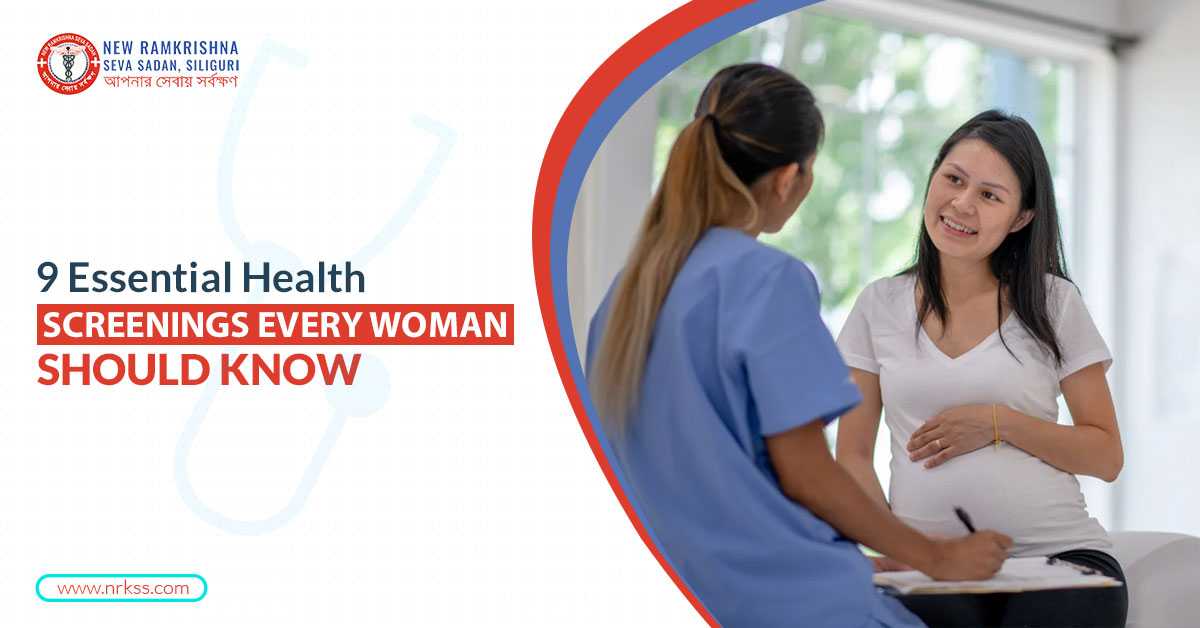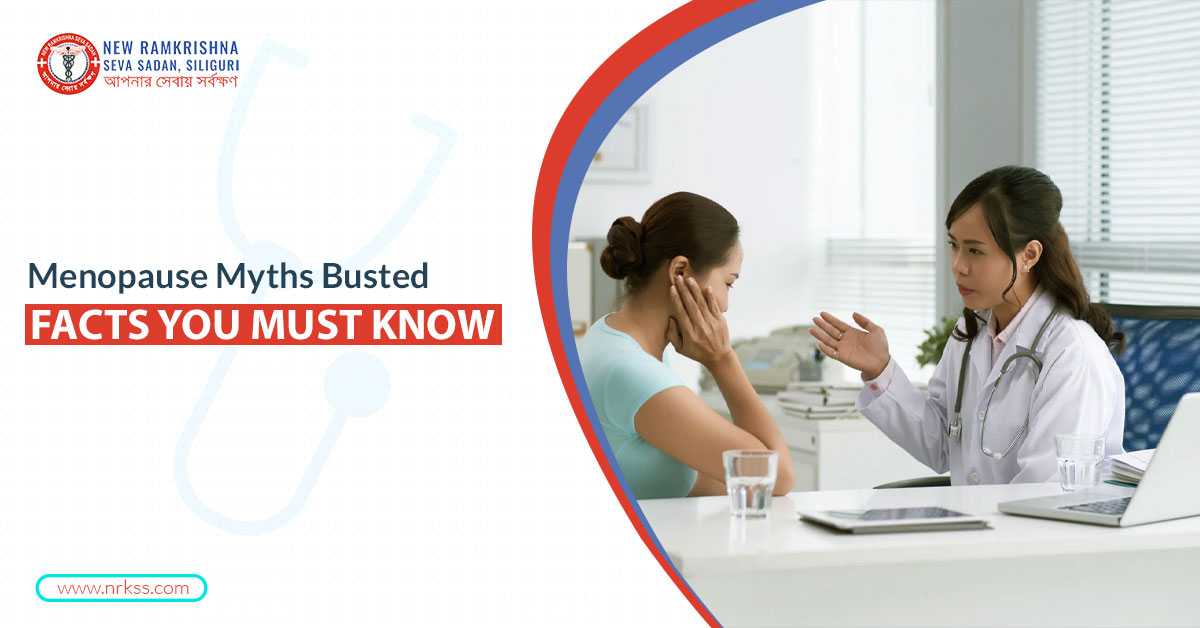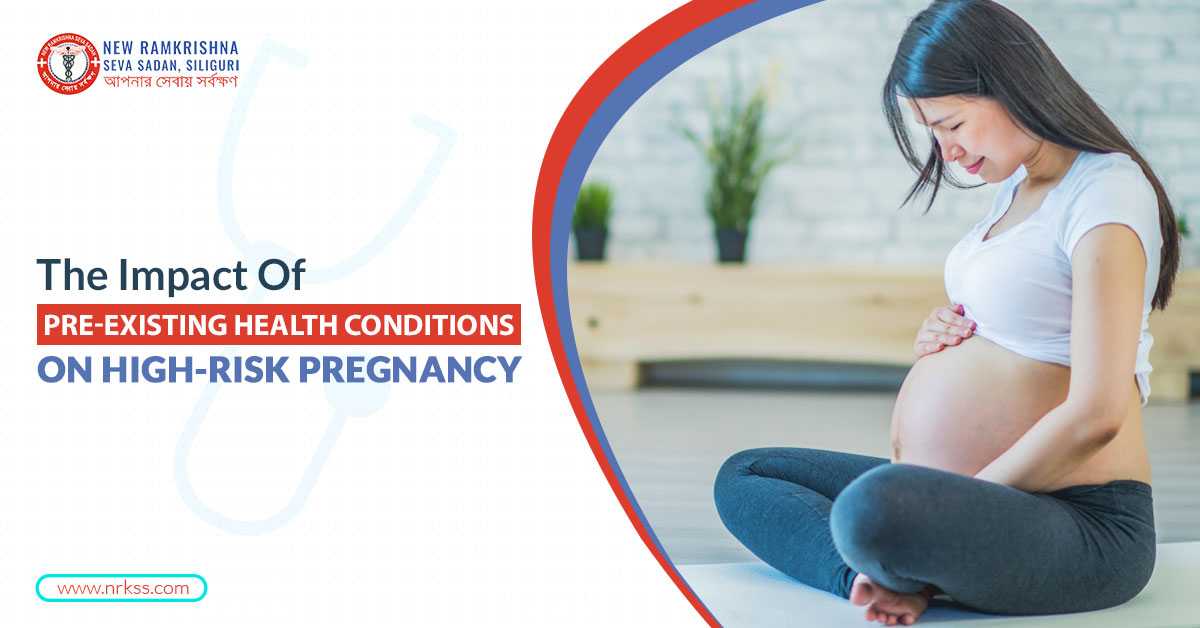A high-risk gestation is one that poses health issues to the pregnant woman, the fetus, or both. However, this increased risk doesn’t necessarily mean to affect them. Medical guidance from the expert and lifestyle management are key to high-risk pregnancy care. To receive specialized advice and treatment, meet the leading high risk pregnancy expert in Siliguri.
Despite having unique health needs prior to birth, many people have healthy pregnancies and go through regular labor and delivery. The majority of high-risk pregnancies result in healthy babies and even if your pregnancy is high-risk, routine prenatal care may help ensure its safety.
Knowing the Signs and Symptoms: High-risk Pregnancy
Regardless of whether your pregnancy is low-risk or high-risk, you should speak with your prenatal care provider immediately if you have or notice any of the following symptoms:
- Abdominal pain that persists.
- Chest discomfort or shortness of breath that doesn’t improve.
- Heart palpitations.
- Severe headache that keeps getting worse.
- Bleeding or increased discharge from the vagina.
- Extreme exhaustion or fatigue.
- Fainting or dizziness.
- Vomiting and nausea that is more severe than the usual morning sickness.
- The fetus's motion slows or stops.
- Soreness, redness, or swelling in the limbs or face.
What are the risk factors for high-risk pregnancy? – The Role of Pre-existing Health Conditions
Pregnancy complications are more likely to occur in a high-risk pregnancy than in a normal one. But, there are no such pregnancies that don’t carry risks. Certain pregnancies start out as high risk, while others eventually become into such.
Pregnancy is at high risk due to the following factors
Maternal over 35 and below 18
- When you have prior medical problems (illnesses before becoming pregnant).
- Lifestyle factors (such as exposure to certain chemicals, drug use disorders, alcohol use disorders, excessive stress, and smoking).
- Diseases associated with pregnancy.
Pre-existing health conditions putting pregnancies at risk
A number of pre-existing health conditions impacts pregnancy outcomes and the likelihood of becoming pregnant.
- High blood pressure
- Respiratory disease
- Thyroid dysfunction
- Obesity
- PCOS
- Lupus
- Multiple sclerosis (MS)
- Endometriosis
- Diabetes
- Heart disease
- Kidney disease
- HIV/AIDS
- Blood clotting disorders
- Mental health issues like depression, anxiety disorders, or schizophrenia
The following pregnancy-related illnesses may result in complications in pregnancies:
- Eclampsia, preeclampsia, and gestational hypertension, or gestational diabetes (diabetes during pregnancy)
- Low weight at birth.
- Pregnancy with many fetuses, such as twins or triplets, is known as multiple gestation.
- An imbalance of amniotic fluid (excessive amount or significantly low amount).
- Placental disorders like abruption or placenta previa.
- A history of premature birth, miscarriage, or other pregnancy problems.
Avoiding any nonprescription medicines and medications, as well as drinks that include alcohol or caffeine is important this time. Keep your body weight at a healthy range prior to becoming pregnant. Take care of any underlying medical issues you may have.
Also, confirm that using any long-term medications for specific diseases is safe during your pregnancy. Do not smoke tobacco or any harmful substances that can complicate fertility and pregnancy.
Routine prenatal checkups, as prescribed by your high-risk pregnancy expert in Siliguri, are vital so that your doctor can monitor your pregnancy and overall health. Feel free to discuss this with your risk pregnancy doctor if you have any questions.





